Services
- Home
- Services
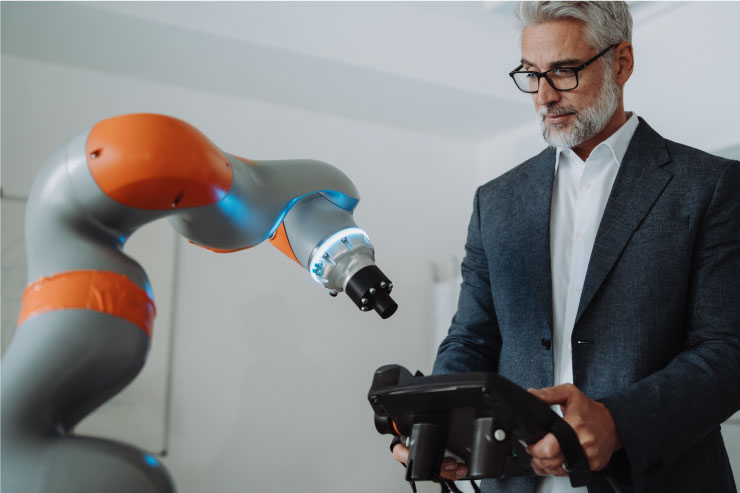
Robotic knee replacement surgery leverages cutting-edge technology to deliver unparalleled accuracy and precision in joint replacement. The robotic arm, guided by advanced imaging, ensures precise positioning of the knee implants, minimizing errors and optimizing joint alignment. This translates to faster recovery, reduced pain, and improved overall joint function.
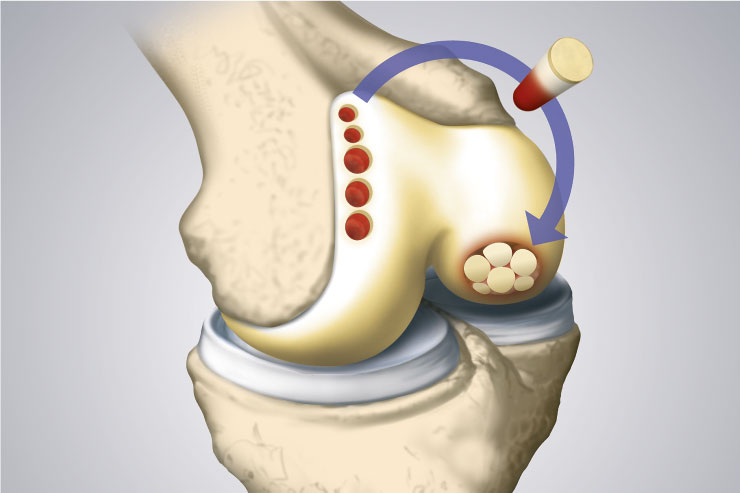
Cartilage transplantation is a minimally invasive procedure that addresses localized cartilage damage. By replacing damaged cartilage with healthy tissue, we restore joint function and alleviate pain. This approach is a viable option for patients seeking a long-term solution to cartilage-related issues, potentially delaying or preventing the need for more extensive joint surgery.
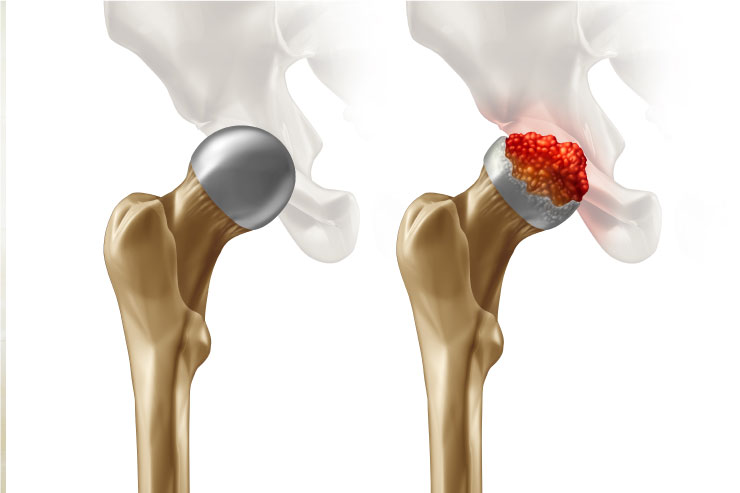
Avascular necrosis of the hip, often caused by COVID, steroids, alcohol, and smoking, can lead to severe collapse. A breakthrough treatment using cultured osteoblasts from the patient’s bone marrow stimulates bone regeneration, preserving the hip. This innovative technique, enhanced by AI, revolutionizes hip preservation approaches.
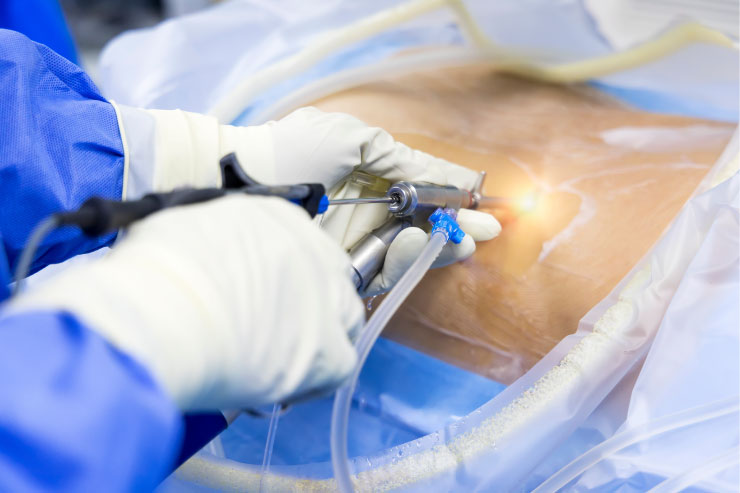
Endoscopic spine surgery is a minimally invasive technique that treats spinal conditions through small incisions. Using an endoscope for precise navigation, our surgeons can address various spinal issues while minimizing tissue damage and reducing the risk of complications. This approach leads to faster recovery times and a quicker return to normal activities.
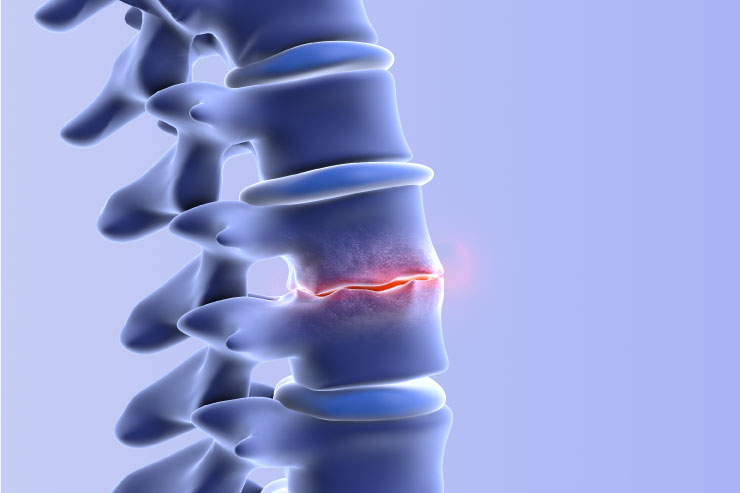
Degenerative disc surgery is a targeted solution for chronic back pain caused by deteriorated spinal discs. By removing or repairing the damaged disc, we restore spinal stability, alleviate nerve pressure, and improve mobility. This procedure can significantly enhance a patient’s quality of life, reducing their reliance on pain medications.
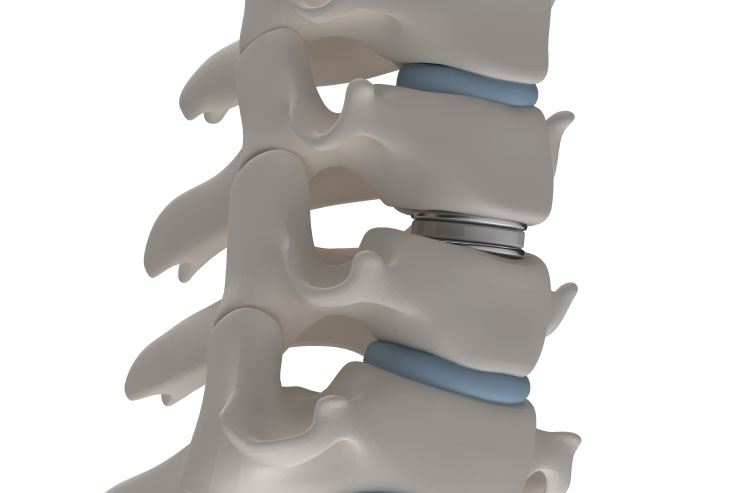
Cervical disc replacement surgery is a advanced treatment option for patients with worn or damaged cervical discs. By replacing the damaged disc with an artificial one, we can restore neck flexibility, alleviate pain, and prevent further spinal degeneration. This procedure helps patients return to a more active, pain-free lifestyle.
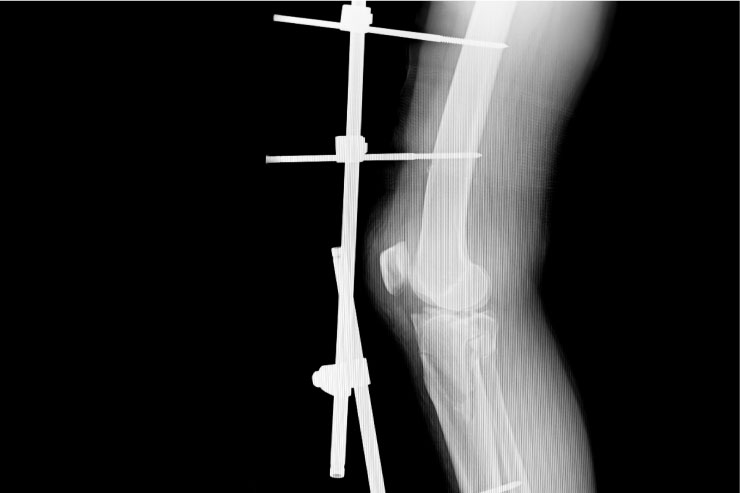
Minimally Invasive Fracture Fixation repairs bone fractures with the least disruption to surrounding tissues. Using small incisions and specialized instruments, this technique reduces recovery time, minimizes scarring, and accelerates the patient’s return to normal function and activities.
